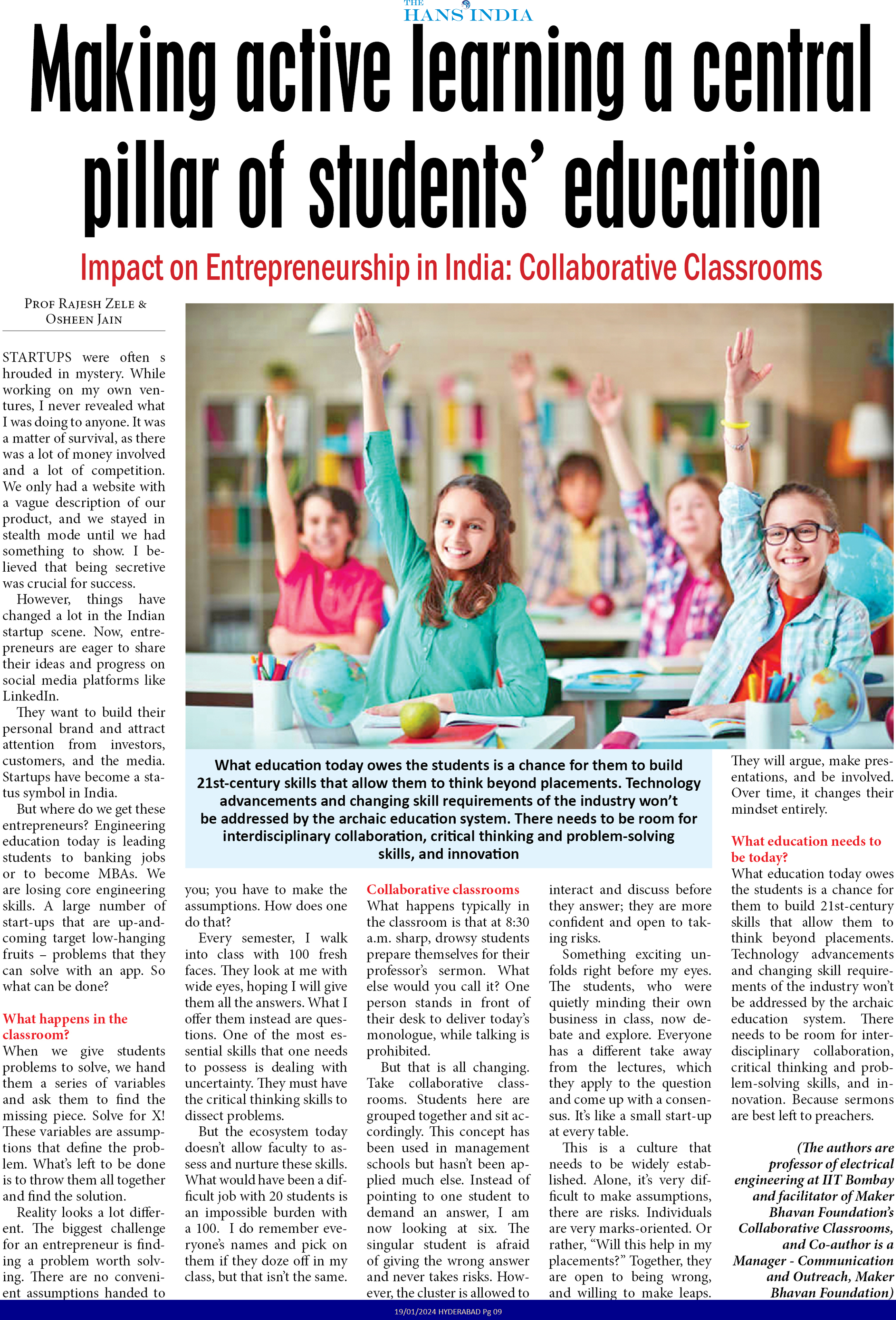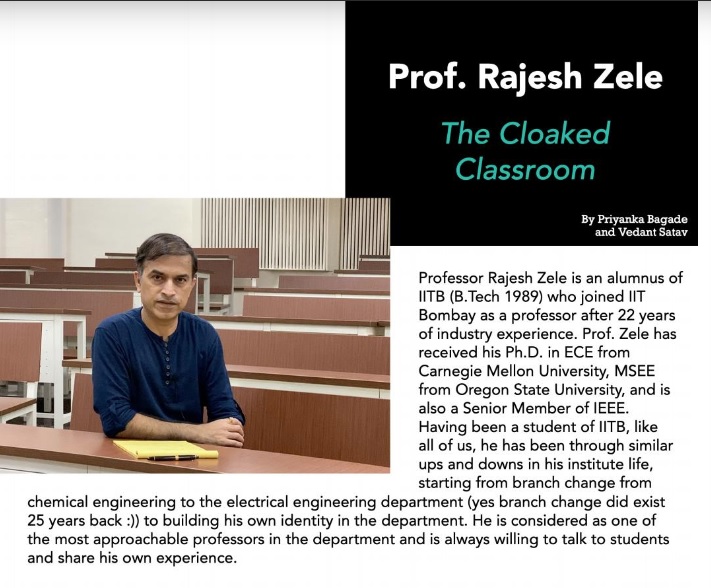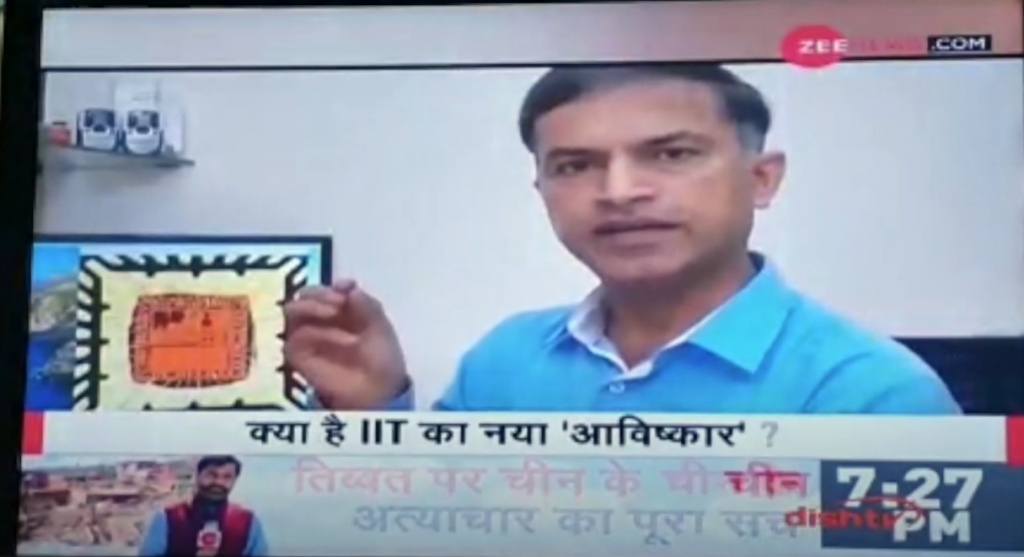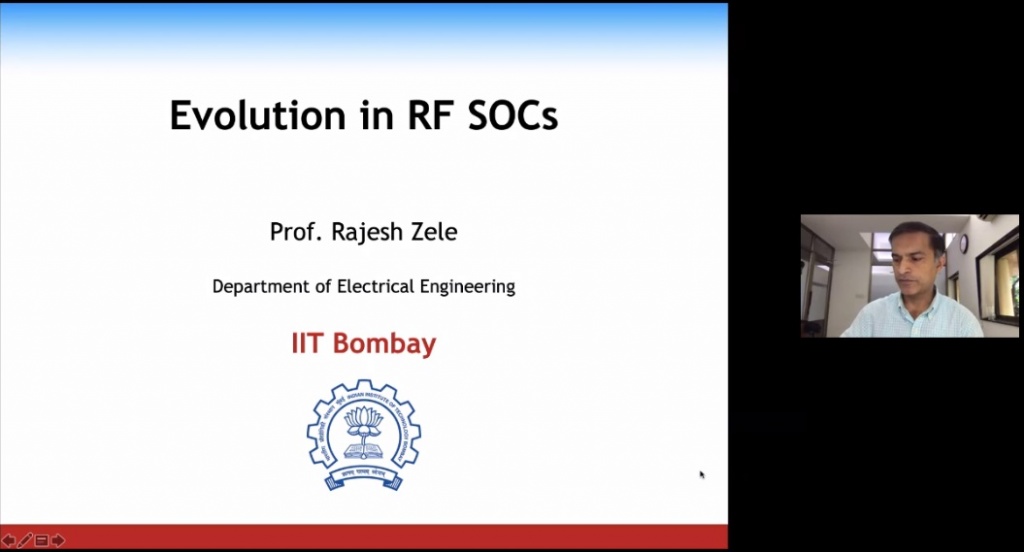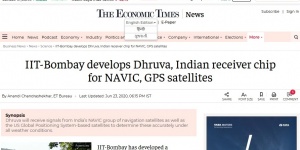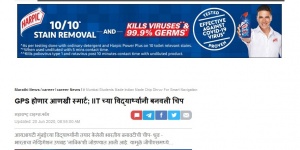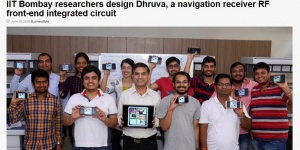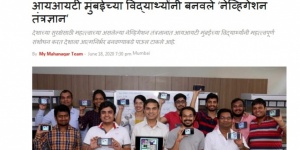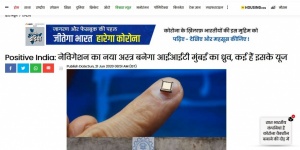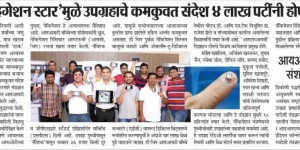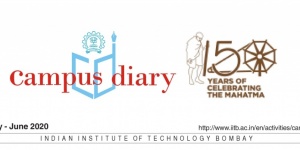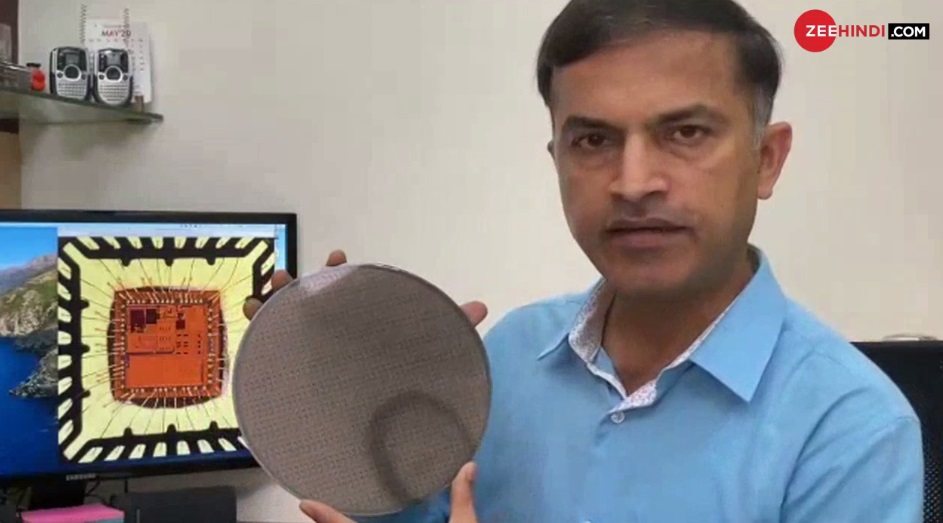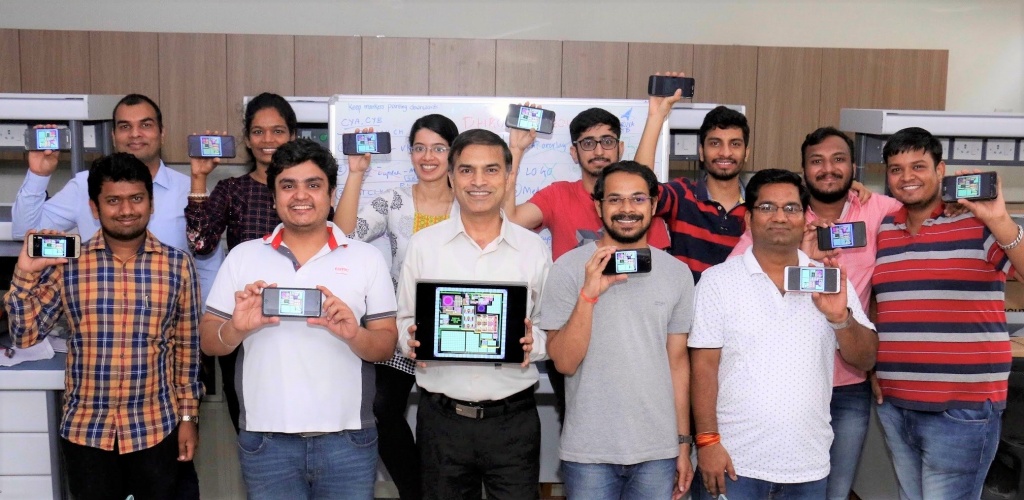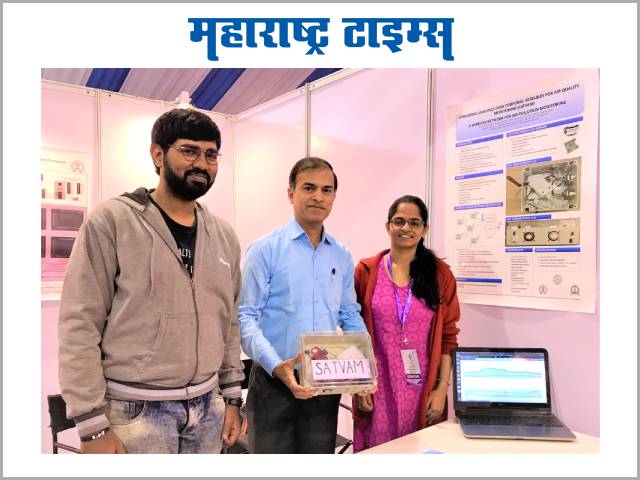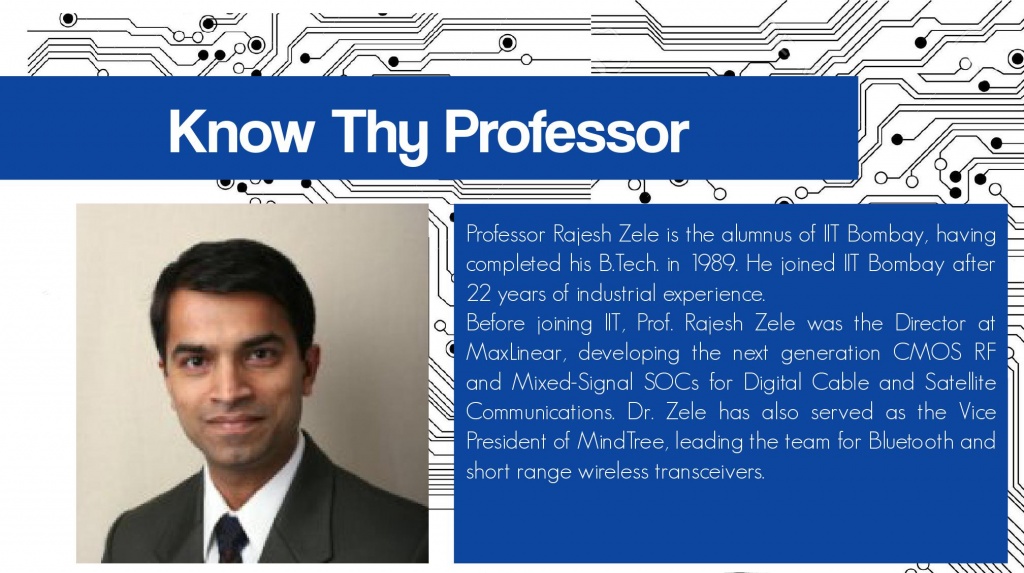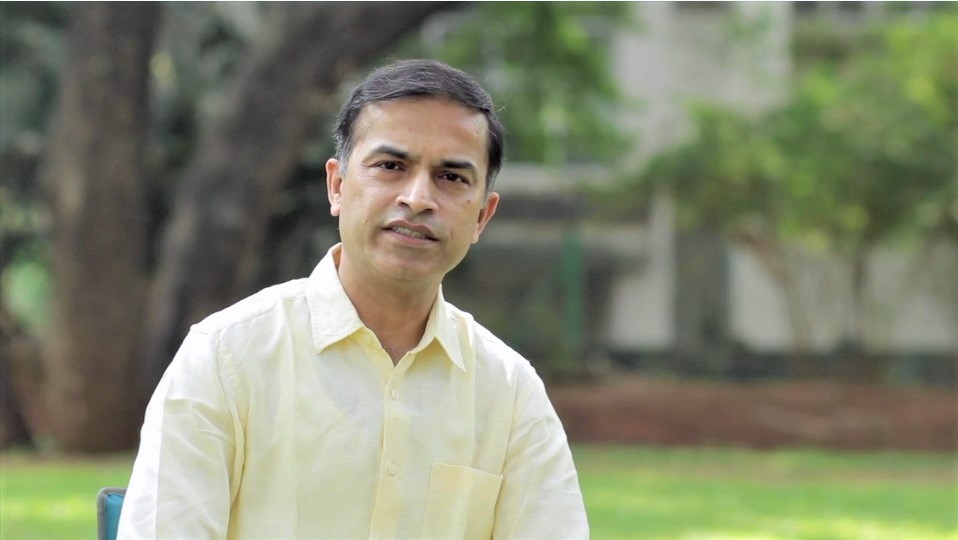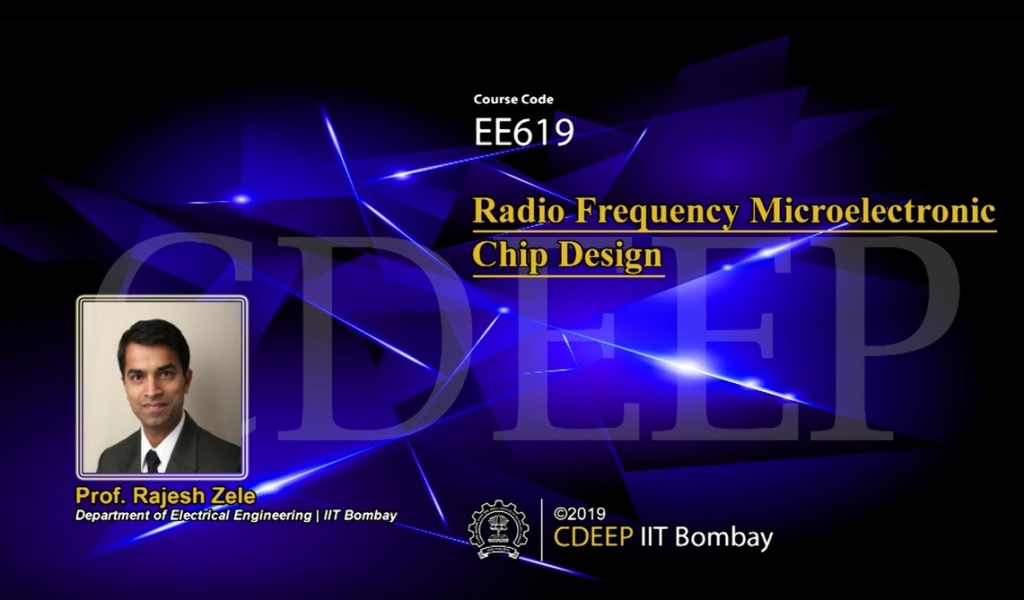Prof. Rajesh Zele
Department of Electrical Engineering
IIT Bombay
NEWS
Impact on Entrepreneurship in India: Collaborative Classrooms
Newspaper article in The Hans India by Prof. Rajesh Zele and Osheen Jain published on 18 January, 2024. What education owes the students is a chance for them to build 21st-century skills that allow them to think beyond placements. Technology advancements and changing skill requirements of the industry won’t be addressed by the archaic education system. There needs to be room for interdisciplinary collaboration, critical thinking and problem-solving skills, and innovation.
Dhruva: GNSS Receiver Front-end IC
The signals received from the satellites are extremely weak compared to the ambient noise. This chip can clean up all the interfering signals, sifting out the weak desired navigation signals. These are then amplified by approximately 400,000 times before converting to digital bits using on-chip Analog-to-Digital Converters (ADCs). The digital data from Dhruva can then be further processed by any standard digital signal processor to determine one’s location accurately. One of the challenges involved in the navigation receivers that work with multiple navigation systems is the tunability to different frequencies. Along with GPS and NAVIC, the IC can be tuned to frequency bands occupied by other worldwide navigation systems, making it indeed a universal solution.
Virtual Ed-Conclave (2021)
The Virtual Ed-Conclave has been launched to provide students with ample information about various engineering branches so that they can make an informed choice in choosing their technical stream, all from the safety of their homes. As part of the conclave, Techfest will conduct online keynote sessions with QnA rounds, where several renowned professors from top IITs will be sharing their knowledge, experience, and insights about the various opportunities that come with engineering.
Background HUM:
2021-The newsletter covers interesting articles on how the department has changed over the years, the online semester but from the perspective of a Professor in the Department of Electrical Engineering,IITB, the contributions of women in the field of science and engineering as well as some of the research happening in the department along with information on a few laboratories that students may not know much about. The newsletter also has a fun section that recommends various popular science-based YouTube channels as well as books.
VDAT2020
The idea behind VDAT or the VLSI Design And Test Symposium is to promote Research and Development on all aspects of VLSI in India. VDAT began in 1998 as a workshop with about 30 participants at Chennai. With the participation growing steadily each year, from the year 2005, VDAT has acquired the status of a Symposium. The aim of this symposium is to bring academics, researchers, startups, and industrial practitioners together to exchange their ideas in the area of VLSI design, test, and system design. The VLSI Industry in India and academic community working in the area of VLSI have provided immense support to the symposium. The symposium is conducted during July each year, with participation from across the world. VDAT is supported by the VLSI Society of India, with support and sponsorship from leading institutes and the industry.
IIT Bombay Researchers Design DRUVA – a navigation receiver RF front-end integrated circuit
DHRUVA / NAVIC RF FRONT END:
IIT Bombay –
Streaming Analytics over Temporal Variables from Air quality Monitoring (SATVAM) was featured in Maharashtra Times: Technology”– Wednesday, 15th May, 2019.
IIT Bombay –
Streaming Analytics over Temporal Variables from Air quality Monitoring (SATVAM) was featured in Economic Times “Disruption: Technology”– Friday 10th May 2019.

[IITBBC] IIT Bombay Broadcasting Channel
Up next on Know Your Prof (KYP) is Prof. Rajesh Zele from the Electrical Engineering Department. He has completed B.Tech in Electrical Engineering from IIT Bombay, M.S. from Oregon State University and PhD from Carnegie Mellon University.
Watch on as he compares his life with a cricket match out of sheer passion for cricket, opines on the campus life having being on both the sides of classroom and gives valuable advice to new students.
Background HUM – 2017 :
Background HUM as the name might imply, aims to delve deep into the department to bring out certain HUM.
Department of Electrical Engineering
Centre For Distance Engineering Education Programme (CDEEP)
Spring 2019 Courses |
Click to View Gallery
- ResearchParkLogo Prof. Rajesh Zele. Professor - In - Charge.
